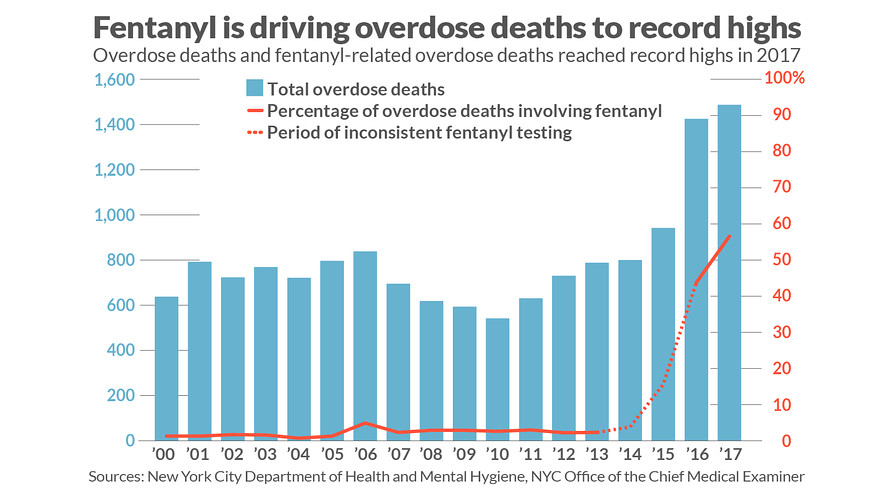Apple Ruling Could Mean A Windfall For Mobile Game Developers

Table of Contents
The Apple App Store Commission Controversy
Apple's App Store has long operated under a 30% commission structure on all in-app purchases, a policy that has been a source of contention for developers for years. Apple historically justified this high commission rate by citing the costs associated with maintaining the App Store's infrastructure, marketing, and security features. However, this justification has been increasingly challenged, especially by larger companies like Epic Games.
The Epic Games lawsuit, which began in 2020, directly challenged Apple's App Store policies, arguing that they constituted an anti-competitive monopoly. Epic Games' key arguments centered around Apple's restrictions on alternative payment methods and its high commission fees, which they claimed stifled competition and prevented developers from earning a fair share of their revenue.
The key aspects of the ruling that favor developers include:
- Reduced commission rates: While the specifics are still being worked out, the ruling suggests a reduction in Apple's commission rates, potentially opening the door for lower fees for in-app purchases.
- Increased flexibility in payment processing: Developers may gain more freedom to choose their preferred payment processors, bypassing Apple's system and potentially reducing fees further.
- Potential for external payment options: The ruling may pave the way for allowing developers to offer in-app purchases through alternative payment systems, directly impacting Apple's control over in-app purchase fees.
These changes directly address the concerns raised by developers regarding App Store fees and the in-app purchase fees levied by Apple. The Epic Games vs. Apple antitrust lawsuit has profoundly impacted the landscape of app store policies.
Potential Financial Impact on Mobile Game Developers
The reduced commission could translate to significantly higher profit margins for mobile game developers. A reduction from 30% to, say, 15% or even lower, would represent a substantial increase in revenue, particularly for games with high in-app purchase volume. This increased revenue stream could have several knock-on effects:
- Increased investment in game development: Developers could allocate more resources to improving game quality, creating richer game experiences, and expanding their development teams.
- Increased marketing budget: Larger marketing campaigns could be funded, leading to increased visibility and downloads for mobile games.
- Impact on various revenue models: Free-to-play games, which rely heavily on in-app purchases, stand to gain the most, while even paid apps could see a boost in profits.
Consider a free-to-play game generating $1 million in in-app purchases annually. Under the current 30% commission, the developer receives $700,000. A reduction to 15% would increase this to $850,000 – a $150,000 increase in annual revenue. This illustrates the potential for significant increases in iOS game revenue.
Impact on Smaller Independent Developers
The impact of this ruling will be particularly profound for smaller, independent mobile game developers. These studios often operate on tighter budgets and have limited marketing resources. The lower commission rates could level the playing field, allowing them to compete more effectively with larger, established studios. This could lead to:
- Lower app development costs: Reduced App Store fees directly reduce initial investment barriers for indie game developers.
- Increased market competition: A more level playing field could foster greater innovation and more diverse game experiences.
- Greater mobile game innovation: With more resources, smaller developers can focus on experimentation and creative game design.
Long-Term Implications and Future of Mobile Game Development
While the ruling is a significant victory for developers, it's important to consider the long-term implications. Apple may appeal the ruling, leading to further legal battles and uncertainty. Furthermore, the impact on the wider digital marketplace and future of app development remains to be seen.
- Potential for App Store appeals: Apple could appeal the decision, delaying or potentially reversing the impact on commission rates and app store policies.
- Impact on other app stores: The ruling may influence other app stores like Google Play to re-evaluate their own commission structures, leading to a wider shift in industry practices.
- Changes in developer agreements: We can expect revised developer agreements and app store policies as companies adapt to the evolving legal landscape.
The future of mobile gaming hinges on how the industry responds to this ruling. Competition among app stores might increase, benefiting developers further. The changes in developer agreements will also be critical to observe, as they will clarify the practical implications of the ruling.
Conclusion
The recent ruling against Apple's App Store practices could prove to be a game-changer for mobile game developers. The potential reduction in commission fees represents a significant opportunity to increase revenue, boost investment in development, and foster a more competitive and innovative mobile gaming landscape. This "windfall" could particularly benefit smaller, independent developers.
Call to Action: Stay informed about the ongoing developments in this case and how it might affect your mobile game development strategy. Learning more about navigating the changing landscape of App Store policies and optimizing your in-app purchase strategy is crucial to capitalize on this potential windfall for mobile game developers.

Featured Posts
-
 Prince Overdose March 26th Fentanyl Levels In Final Report
May 31, 2025
Prince Overdose March 26th Fentanyl Levels In Final Report
May 31, 2025 -
 Accord Sanofi Dren Bio Un Nouvel Anticorps Pour Sanofi
May 31, 2025
Accord Sanofi Dren Bio Un Nouvel Anticorps Pour Sanofi
May 31, 2025 -
 Exploring The Nintendo Switchs Impact On The Indie Game Landscape
May 31, 2025
Exploring The Nintendo Switchs Impact On The Indie Game Landscape
May 31, 2025 -
 Boxer Munguia Rejects Doping Claims Despite Failed Test
May 31, 2025
Boxer Munguia Rejects Doping Claims Despite Failed Test
May 31, 2025 -
 Far Left In France Capitalizes On Muslim Mans Killing To Raise Islamophobia Issue
May 31, 2025
Far Left In France Capitalizes On Muslim Mans Killing To Raise Islamophobia Issue
May 31, 2025
